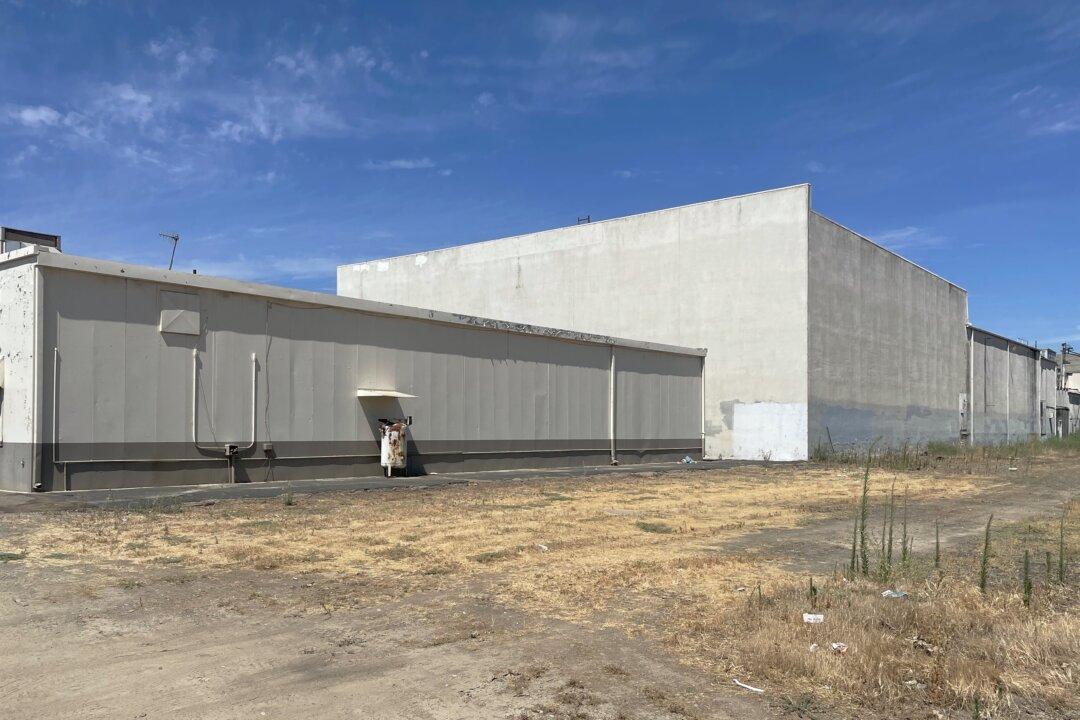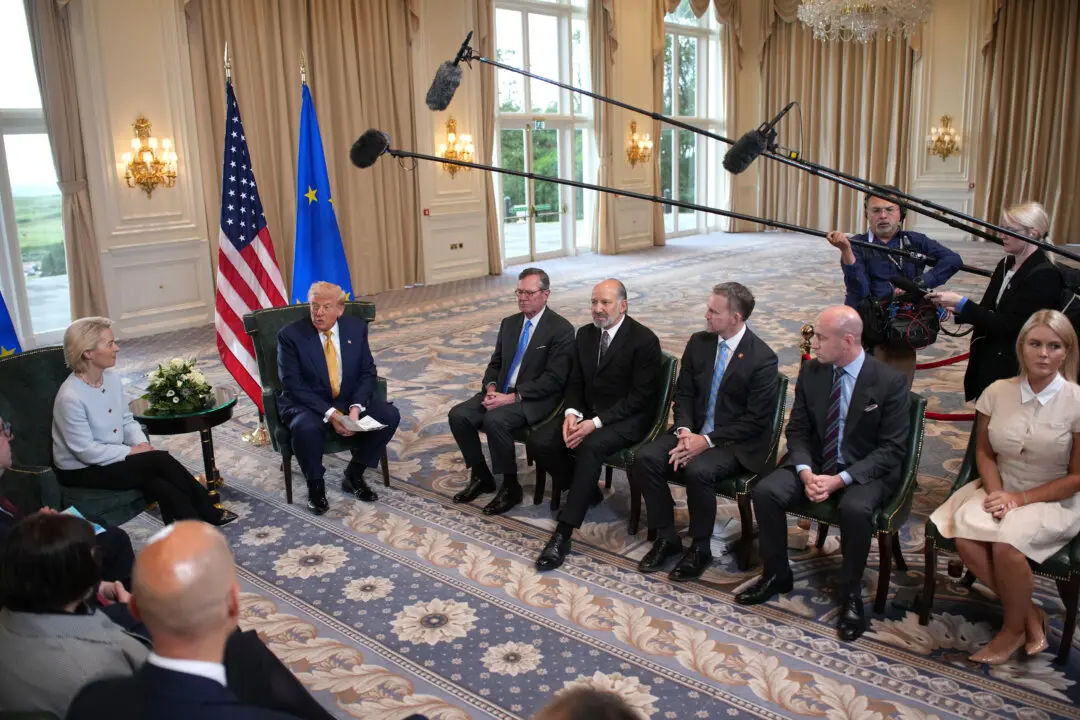As the U.S.-China trade war deepens, it creates ripple effects throughout the world. Growth rates are falling in China and other economies from Asia to Europe. In response, central banks are cutting interest rates to stimulate economic activity and growth.
It’s More Than the Trade War
Though the trade war isn’t the only cause of slowing growth in China, it is a major factor. Costly business regulations and social programs in places such as in Japan and the European Union are also a drag on economic activity and investment. What’s more, even though modern economies run on debt, too much debt in the system hinders growth and demand. But central banks are betting cheaper borrowing costs will stimulate investment in the economy.However, lowering interest rates to counter sluggish demand isn’t always effective. Falling interest rates can have their own psychological impact on the business cycle and undermine business confidence instead of improving it. Adding more debt-fueled liquidity to stimulate demand in the economy then leads to diminishing returns on said debt and eventually default.





